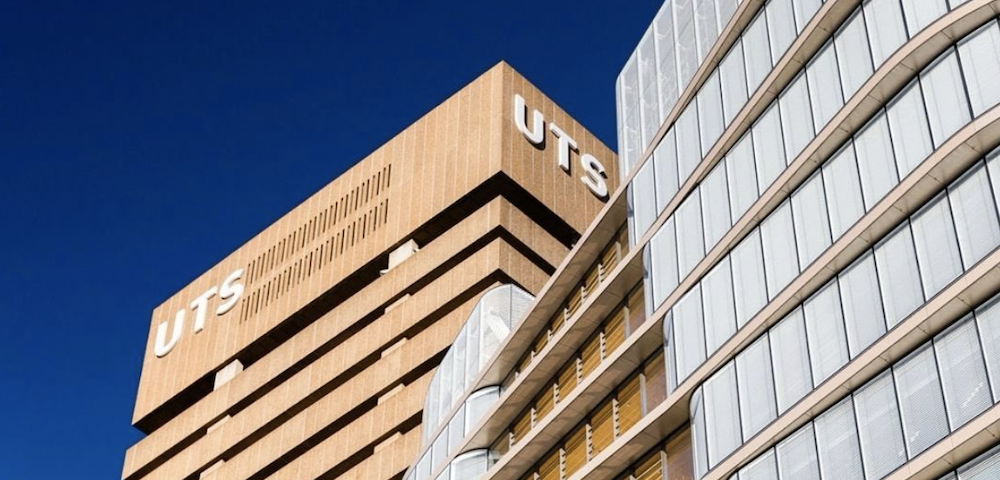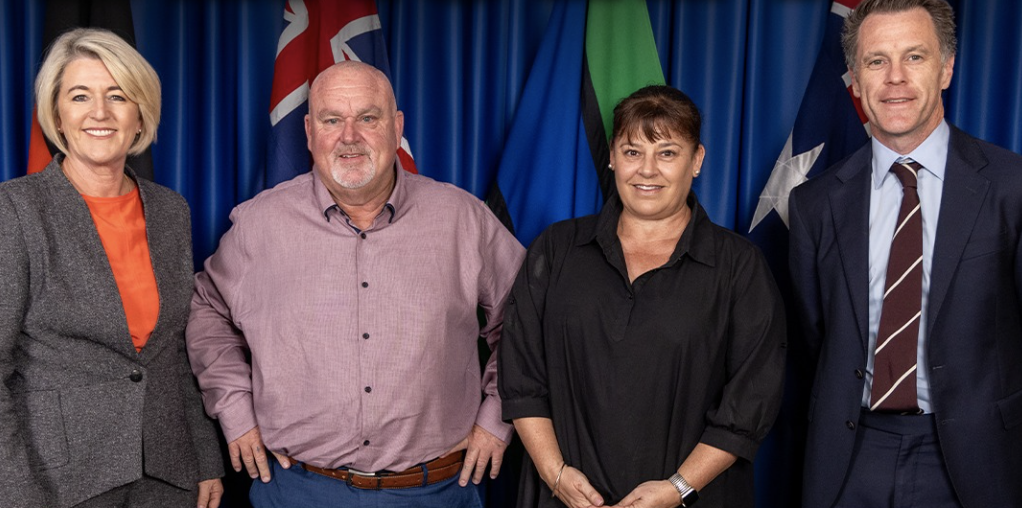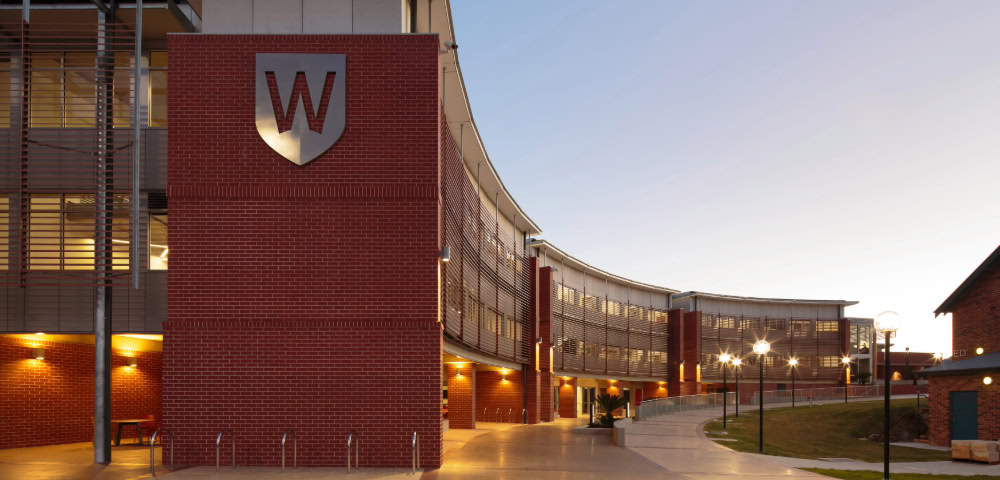
SafeWork Demands UTS Pause Job Cuts After Risk Of “Psychological Harm”

Executives at the University of Technology Sydney have had to halt their plan to cut hundreds of jobs this week, after an order from SafeWork NSW said workers could be at risk of “serious” “psychological harm”.
UTS has been forced to cancel “change meetings” scheduled on Wednesday and Thursday with approximately 800 affected staff, and pause the rolling out of its controversial redundancy program, dubbed Operational Sustainability Initiative, aiming to save the university $100 million.
The pause will be in effect until SafeWork NSW is satisfied that appropriate safety measures have been put in place as a result of consultation with workers. UTS has 14 days to submit for a review.
It comes after an survey from the National Tertiary Education Union of 380 staff at UTS found 35 per cent were experiencing very high levels of psychological distress following the implementation of OSI.
NTEU UTS Branch President Dr Sarah Attfield said the decision had been welcomed by the many university staff who were under immense stress.
“At every turn so far, staff have been met with dismissal after dismissal from UTS management,” she said. “I hope this decision makes it clear to management that staff have legitimate concerns and they can’t just ram through changes that prioritise profit over people.
“It seems like management isn’t interested in the ideas of the staff who run this university, and that’s exactly why we will keep up the fight for our right to transparency, consultation, and safe workplaces.”
A spokesperson for the university told The Guardian on Wednesday that the wellbeing of its staff and the management of psychosocial risks were of “paramount” importance to them.
“We are frustrated by the ongoing delays in releasing the change proposal for consultation and are very concerned about the impact this is having on our community,” they said. “We are aware of staff expressing concerns about the effect these protracted delays are having on their wellbeing.”
Job cuts representative of a sector in crisis
NTEU NSW Division Secretary Vince Caughley said the intervention raised profound questions about how UTS and other NSW universities are being governed.
“The scale of job and course cuts across the sector, and the repeated failures of management to act responsibly, show that these institutions have drifted away from their public mission. The public is entitled to ask whether those entrusted with running our universities are fit for the task – and it’s exactly why deeper scrutiny and reform of university governance is urgently needed.”
There have been more than 1000 job losses at universities across the state in the past year alone, including at Macquarie University, the University of Wollongong, and Western Sydney University.
Earlier this year, almost 70 per cent of Australian universities suffered a drop in the annual 2026 QS World University Rankings, in what critics dubbed a “wake up call” for the sector.
“This exposes a governance crisis that extends far beyond one university,” said the union’s National President, Dr Alison Barnes. “It’s symptomatic of a system where vice-chancellors make damaging decisions without accountability to the communities they’re meant to serve.
“What we’re seeing at UTS is being replicated across the country: university executives pursuing reckless job cuts that tear at the fabric of public universities, while dismissing the expertise and concerns of their own staff.”
Last month, NSW parliament announced an inquiry into the university sector, following extensive course cuts, an over-reliance on consulting firms, and severe financial mismanagement, including massively overblown Vice Chancellor salaries.
“The fact that a workplace safety regulator had to step in to protect university workers speaks volumes about how disconnected university management has become,” said Dr Barnes.
“We need urgent governance reform to ensure vice-chancellors can’t continue making decisions that damage our universities without proper oversight and accountability.”










Leave a Reply